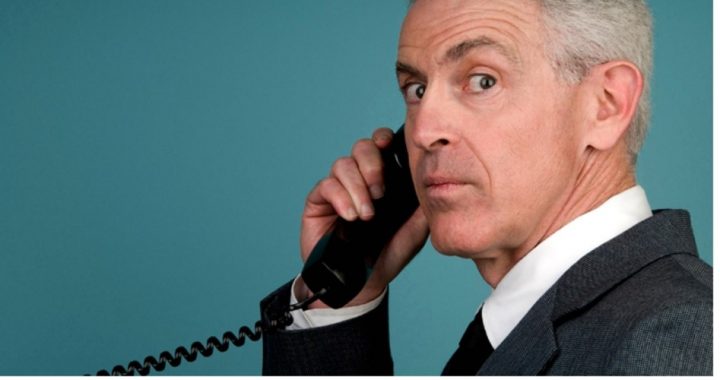
The battle over the legality of NSA surveillance is heating up again. Just last week, U.S. District Court Judge Richard Leon ordered the NSA to stop collecting the telephone data of a California lawyer. Without any real delay, an appeals court set that injunction aside, allowing the NSA spying program to continue unabated in its vacuuming up of data about the phone conversations of Americans.
The NSA’s telephone surveillance program is set to expire on November 29 to make way for the USA FREEDOM Act, but it has been continued before, and in the wake of the deadly ISIS attacks in Paris, those in favor of more surveillance have intensified their efforts to see this and other programs not only continued, but expanded.
The surveillance hawks also want to see a weakening of the tools businesses and individuals use for secure communications. The decision of the three-judge panel of the D.C. Circuit Court of Appeals to set aside Judge Leon’s injunction is a victory for those whose actions indicate a willingness to sacrifice liberty for a phantom of security. It is a phantom because in all the years the NSA has been conducting this surveillance, it has not helped stop a single terrorist attack.
The New American reported on this case in September. As this writer said then, the case dates back to December 2013 when:
U.S. District Court Judge Richard Leon ruled that the NSA’s spying program that collects information on the vast majority of phone calls in the United States appears to violate the Fourth Amendment’s protection against illegal search and seizure. Then, in May 2014, another federal judge ruled that the program was illegal, “unprecedented and unwarranted.”
Then, on August 28, 2015, an appellate court ruled that the plaintiffs did not have legal standing in the case, setting the whole thing back to square one. Once the issue of standing was resolved, Judge Leon was anxious to hear the case again and make a ruling. Politico reported then that Leon “told Justice Department lawyers that he was intent on moving the case forward and would not countenance any stalling aimed at preventing him from acting in the case” before the NSA’s program is set to end on November 29 to make way for the USA FREEDOM Act.
It was no surprise, then, that Judge Leon ruled against the spying program again. His ruling could undermine the USA FREEDOM Act, which was viewed as a compromise between privacy advocates and those in favor of maintaining the surveillance state. It now appears that rather than “preventing him from acting in the case,” the surveillance hawks simply made an end-run around his ruling by having the injunction set aside to give the USA FREEDOM Act time to replace the current program. Given the speed with which the surveillance hawks acted, and the speed with which the three-judge panel decided in their favor, it was more than likely planned that way.
According to Politico:
Conservative lawyer Larry Klayman, [one of the plaintiffs in] the lawsuit which led to the injunction, said Monday he plans to ask the full bench of the D.C. Circuit to overturn the stay granted Monday by a three-judge panel. If that fails, he said, he plans to ask the Supreme Court to overturn the D.C. Circuit’s action and effectively require the NSA data-gathering program to shut down.
“We’re going to go to Supreme Court and ask them to lift that stay,” Klayman said. “It’s important the Supreme Court entertain this because as Judge Leon pointed out, the D.C. Circuit sat on this case [at an earlier stage] for almost two years. It’s unconscionable they would now stay it again.”
Those in government who favor casting a wide net and conducting surveillance on all Americans have decried the few, scant “reforms” such as the USA FREEDOM Act, claiming that they hinder efforts to protect Americans from terrorist attacks. CIA director John Brennan used the attacks on Paris last week to claim that these so-called reforms “make our ability collectively, internationally, to find these terrorists much more challenging.”
But is the USA FREEDOM Act really a threat to the surveillance culture that has set up residence in government? As this writer said in a previous article:
The USA FREEDOM Act, which has been touted as a reform of the NSA’s broad-sweeping spying activities, really does little to curtail the culture of surveillance that is so prevalent in Uncle Sam’s three-letter-agencies. The new law places the responsibility for gathering data on mobile phone users and their usage on the telephone service companies. It also requires a warrant from a secret counterterror court. While the law requires that the warrant must identify a specific person or group of people suspected of terror ties, the secret nature of the court undoes any gains in this “victory.” Americans concerned about privacy and liberty deserve more.
Instead of allowing any real reform where surveillance is concerned, the surveillance hawks appear to have orchestrated events to protect the USA FREEDOM Act from being impacted by Judge Leon’s injunction. If, indeed, it is such a thorn in their collective flesh, why work so hard to protect it?




